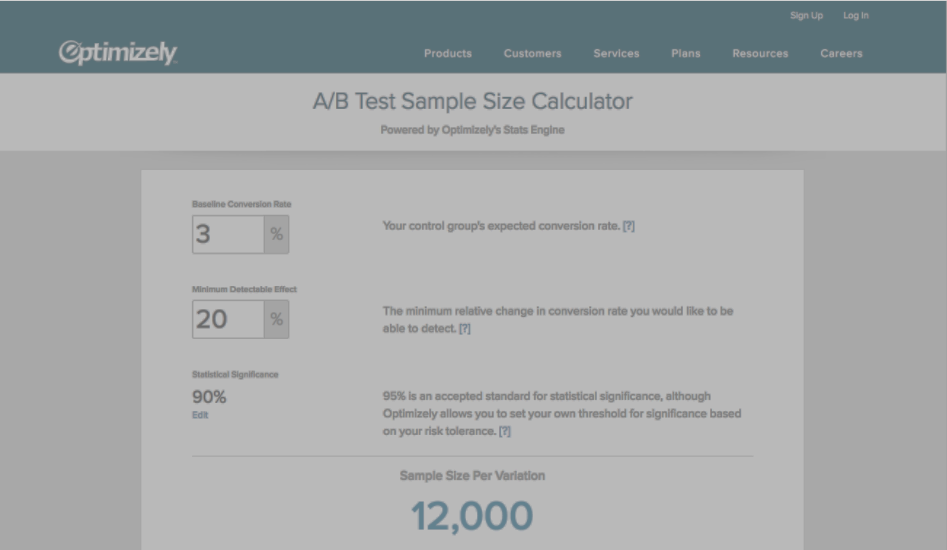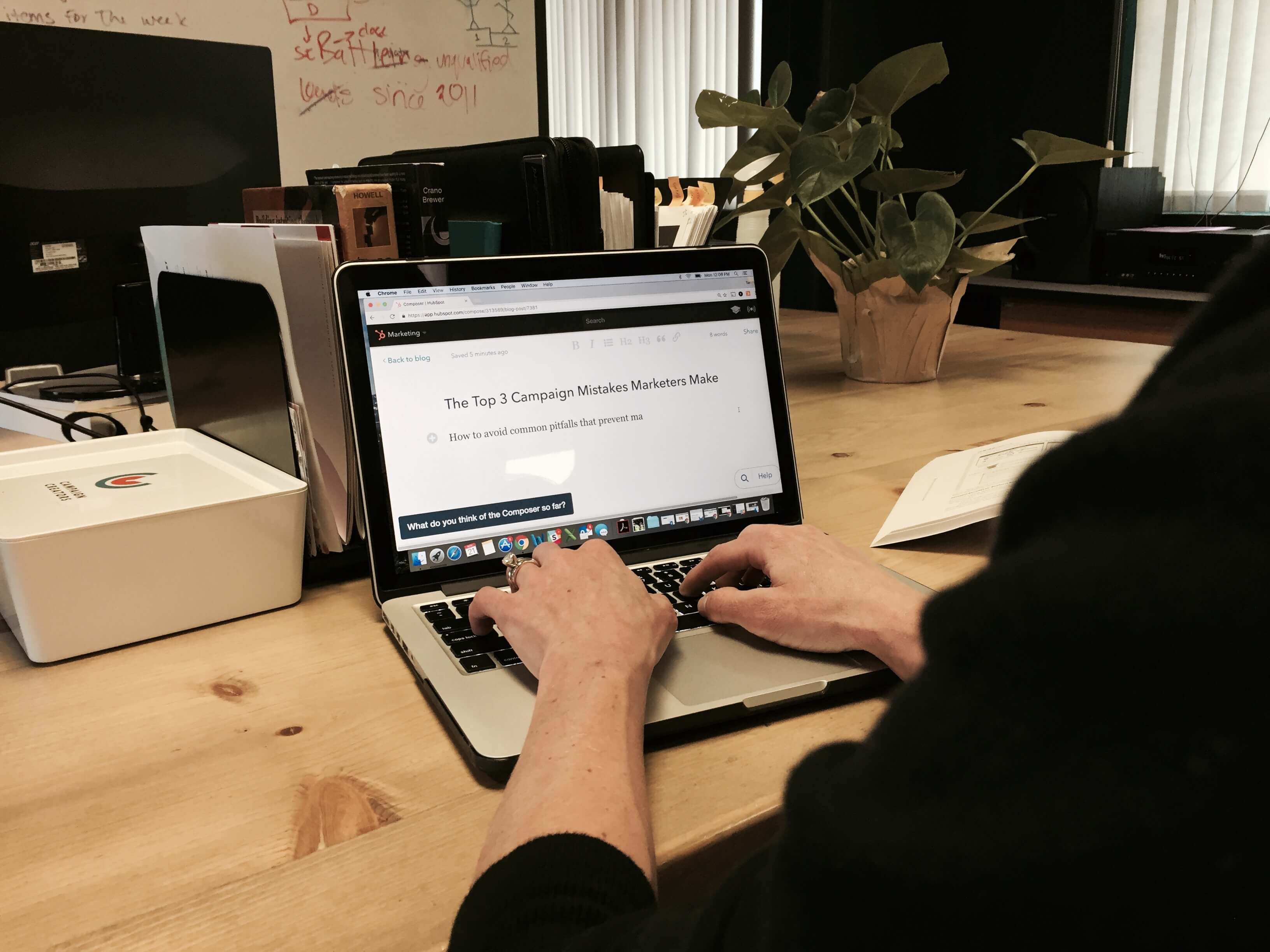Punctuatively Speaking: On Using the Oxford Comma
The other day, a few of us copywriters were huddled around one of our office tables discussing what might be the most debated topic in writing: the...
I know what I am looking for, and would like to chat.
A team of data-driven marketers obsessed with generating revenue for our clients.
Because the proof is in the pudding.
At Campaign Creators we live by three principles: Autonomy, Mastery, Purpose.

In this [video] learn how to increase the clarity of your blog or website copy by removing unneeded words and jargon using the free Unbounce Dejargonator browser extension.
This blog post is part of “Your Definitive Guide to Lead Generation” blog series.
Moving on to the sixth Inbound16 hack. In order to get to this website, what I did is I just searched the wordiest blog post ever, or something along those lines. You could see here that came through on the title. One of the tools that we found, and it came up at a couple different points within inbound, is a tool called Dejargonator. Going back to this framework, talking about something like clarity. Clarity, to me, is one of the most important parts. If you're using a lot of jargon, if you're using a lot of words that don't really have any value or meaning, you probably should modify that copy. Probably should make some improvements to make your messaging a little bit more concise, a little bit more clear, a little bit more powerful.
There's this really cool little Chrome extension. I believe it's available for Mozilla and potentially Safari, as well. It's called Unbounced Dejargonator. It's version .5. You can just search in the extensions and find it. I went ahead and installed it. As I know that this is the longest wordiest blog post ever, I want to dejargon this page and see what comes up. Not too much towards the beginning. Just highlighting words like best and really and however. We know those are all weightless terms. As we start getting into the meat of this article, we start seeing a lot of just weightless terms, "really nice", "very nice", "most", "great", "best". These are all words that we want to avoid in our marketing copy and in our content in general because people tend to tune out those words. They're not very descriptive. English is a very robust language. We should definitely use it to its fullest potential and use the words that we know can have the biggest impact, especially when it comes to marketing.
Dejargonator from Unbounced. It's a great little tool there. Definitely download that one and have it in your toolkit.
Make sure your blog is following best practices by running it through the Rules to Blog By checklist.

The other day, a few of us copywriters were huddled around one of our office tables discussing what might be the most debated topic in writing: the...

In this video blog, Sean shows you how to calculate the sample size you need for your A/B test using this free online calculator from Optimizely. ...

I have a confession: I did not go to school to be a blogger. I don’t have a degree in journalism or creative writing. What I do have is over a decade...